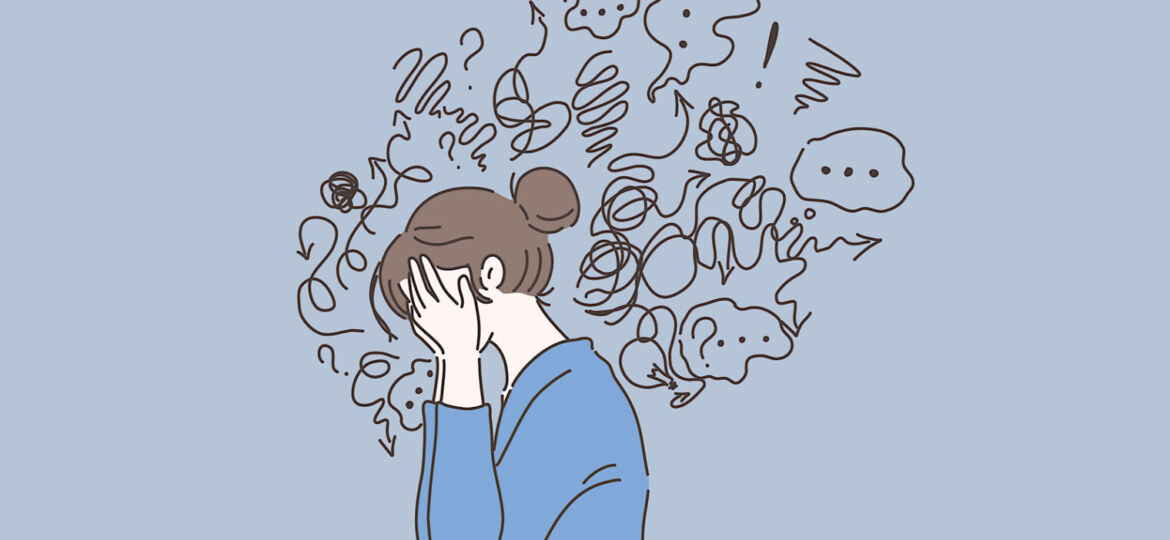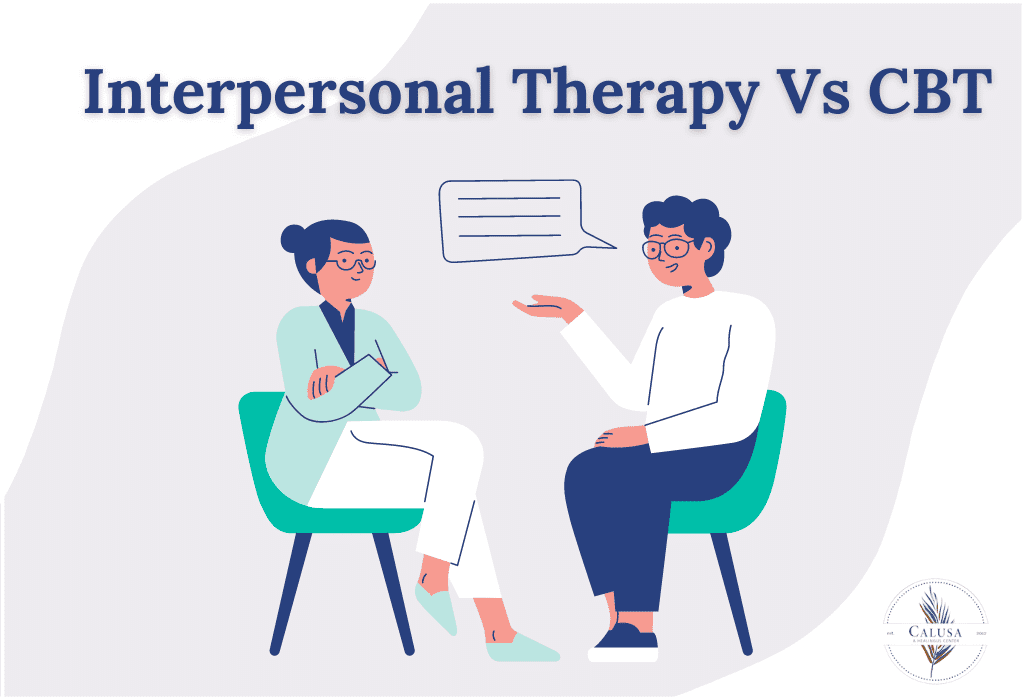Anxiety is a common human emotion that can be both normal and beneficial. However, when it becomes excessive or interferes with daily life, it can be a sign of an anxiety disorder.
Types of Anxiety Disorders
- Generalized anxiety disorder (GAD): Persistent and excessive worry about multiple things.
- Panic disorder: Sudden and intense feelings of fear or panic, often accompanied by physical symptoms such as rapid heartbeat, sweating, and difficulty breathing.
- Specific phobias: Intense fear of a specific object or situation.
- Social anxiety disorder: Fear of social situations and scrutiny from others.
- Obsessive-compulsive disorder (OCD): Recurrent intrusive thoughts or images that cause distress and lead to compulsive behaviors.
Causes of Anxiety
- Genetics: Anxiety disorders can often run in families.
- Brain chemistry: Imbalances in certain neurotransmitters can contribute to anxiety.
- Life events: Traumatic experiences or stressful life events can increase the risk of developing anxiety.
- Personality traits: Certain personality traits, such as neuroticism or perfectionism, may make individuals more prone to anxiety.
Symptoms of Anxiety
- Physical symptoms: Rapid heartbeat, sweating, trembling, shortness of breath, dizziness, nausea, and muscle tension.
- Emotional symptoms: Constant worry, fear, irritability, restlessness, and difficulty concentrating.
- Behavioral symptoms: Avoidance of situations that trigger anxiety, excessive checking behaviors, or repetitive rituals.
Managing Anxiety
- Therapy: Cognitive-behavioral therapy (CBT) is a particularly effective treatment for anxiety disorders. It helps individuals identify and challenge negative thought patterns.
- Medication: In some cases, medication may be prescribed to manage anxiety symptoms.
- Lifestyle changes: Regular exercise, a healthy diet, and adequate sleep can help reduce anxiety.
- Relaxation techniques: Mindfulness meditation, deep breathing, and yoga can be effective for managing stress and anxiety.
- Support groups: Connecting with others who have experienced anxiety can provide support and understanding.
If you are struggling with anxiety, it’s important to seek help from a healthcare professional. With appropriate treatment, anxiety can be effectively managed.




